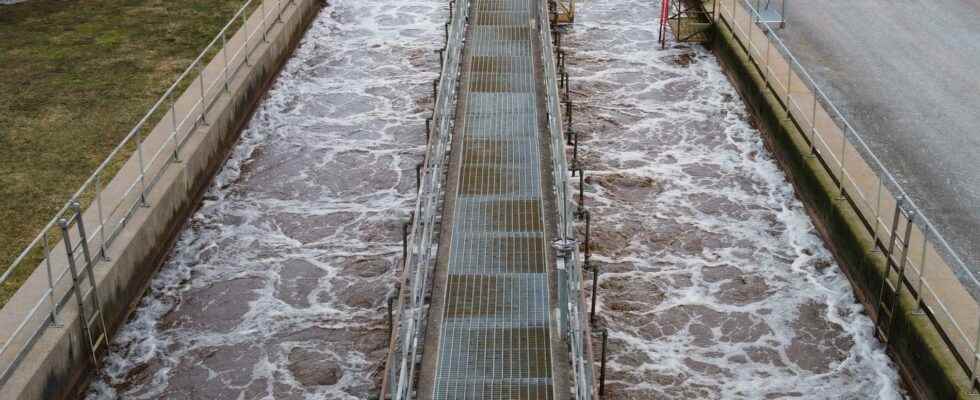Published: Less than 30 min ago
full screen
Next
Samples of waste water have been an effective way to detect outbreaks of covid-19 in the community, a new study shows.
1 of 2 Photo: Fredrik Sandberg/TT
Samples of waste water have been an effective way to detect outbreaks of covid-19 in the community, a new study shows.
In February 2020, researchers at the University of Gothenburg began measuring the levels of the sars-cov-2 virus in the wastewater. Since then, they have followed the levels every week.
Now the researchers have been able to establish that the method has been effective, something that is presented in a new study in the scientific journal iScience.
Started developing the technology in 2014
In the study, the researchers have seen that the measured virus peaks in the wastewater agree well with the four pandemic waves. A few weeks after the virus levels have increased in the water, peak notes of newly admitted patients with covid-19 in hospital have also been noted.
– The study shows that this is important. You can use this technology when you have an outbreak or an ongoing pandemic, says Heléne Norder, research leader at the Sahlgrenska Academy at the University of Gothenburg.
Heléne Norder herself began to develop the technology that is used today to search for viruses in waste water as early as 2014. The researchers were then, among other things, able to identify outbreaks of winter sickness about a week before the infection had had time to reach hospitals and nursing homes.
Want to see long-term monitoring
During the course of the pandemic, the technology has been refined and similar sewage samples are now also taken in a number of other places in Sweden.
The method used in Gothenburg also enables monitoring of other viruses. At the moment, in addition to Sars-cov-2, the researchers are also looking for enterovirus, adenovirus, astrovirus, rotavirus and, when the season approaches, also for winter vomiting virus.
Can be used on animal viruses
In the future, the area of use could be further broadened. The researchers at the University of Gothenburg have also discovered various animal viruses in the waste water. The technology could be used in outbreaks similar to that of the herpes virus EHV-1, which causes severe disease in horses.
– One could know that there is an outbreak going on and, for example, isolate horses, says Heléne Norder.
She thinks it is important that the technology is kept alive and continues to develop. Especially before a possible new pandemic.
– If there is anything more, we must be prepared.
Proposes national sampling
The Public Health Authority proposed in March this year long-term monitoring of the levels of Sars-cov-2 in waste water. The authority wants to see weekly sampling at the 5-9 largest sewage treatment plants in the country.
– In Sweden, we have not implemented it on a national level before. We have proposed it, but we also need to evaluate what benefit it has. It may be part of several others that give a picture of how the pandemic is developing, says Caroline Schönning, microbiologist at the Public Health Agency.
